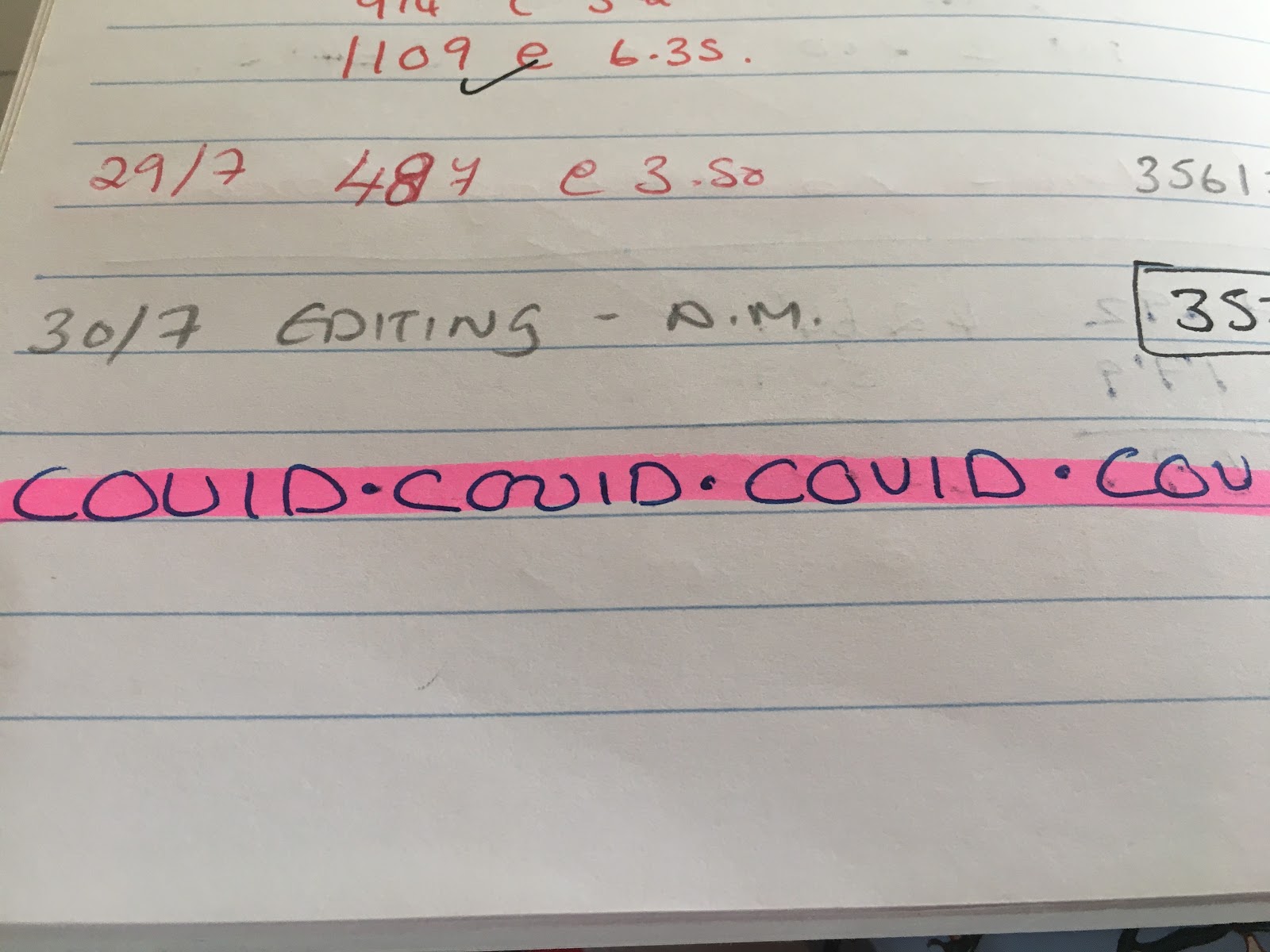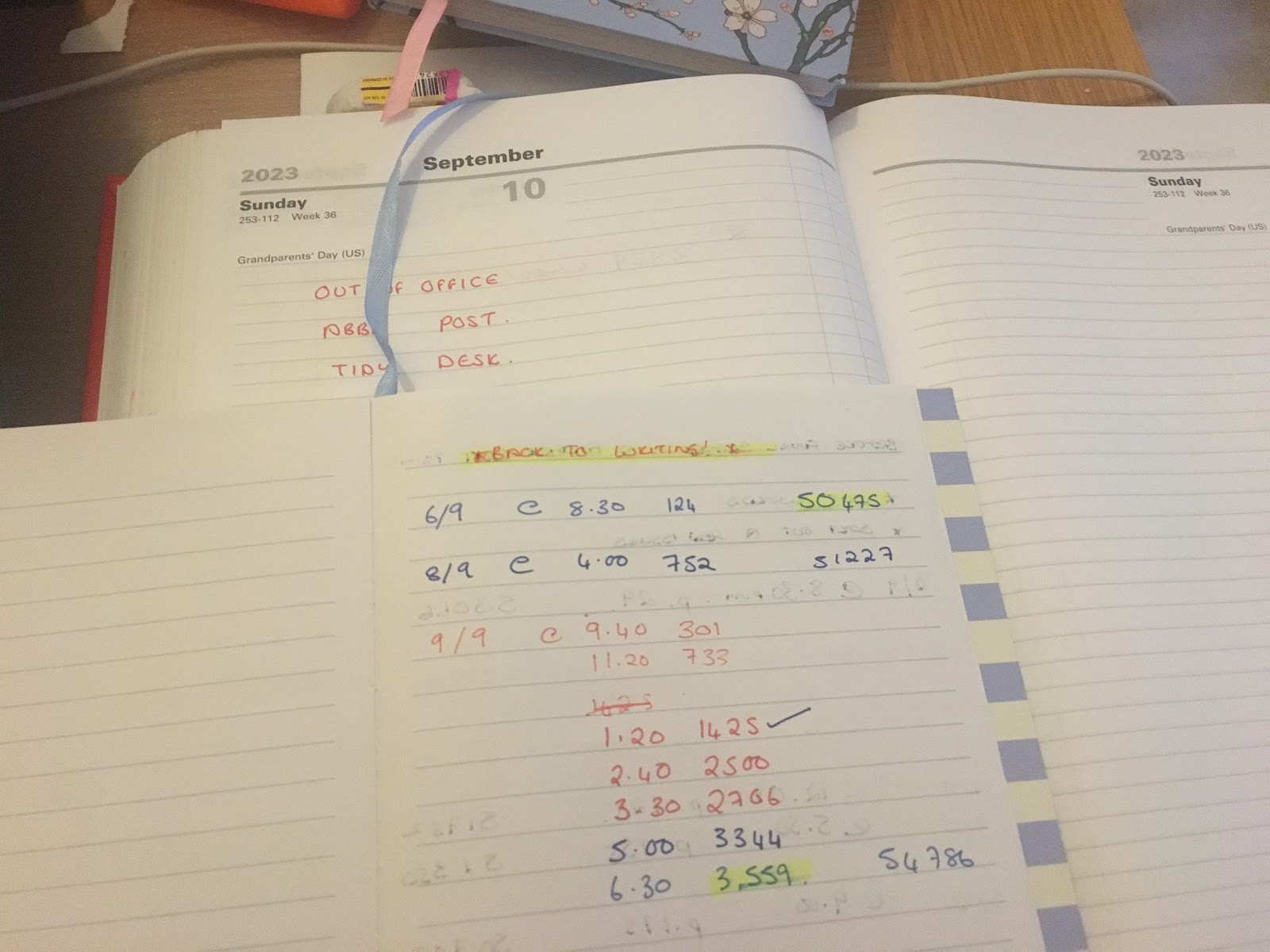I’ve always been a planner;
the idea of starting a novel and ‘seeing where the story took me’ was anathema
to me. After all, I was the writer; I was in charge.
Despite this, my last novel,
Still Falling, out in February 2015, was
a mettlesome beast, running to nine drafts before I and my editor were happy. But
I’d begun it without a contract, shelved it for nine months to write a
commission (Too Many Ponies), and
besides, the subject matter took me into darker psychological places than I’d
ever gone before – so maybe it was natural that it shouldn’t bend to my will as
easily as previous books.
 |
| the best-laid plans |
The work-in-progress, Street Song, would be completely
different. Because my agent wanted a full outline for this year’s London Book
Fair, I’d thought through the story and knew
exactly where it would go. It was a simpler story than Still Falling and for once I hadn’t had to struggle with the main
female character – I’ve always found boys easier to write – as she’s very like
me as an eighteen-year-old.
I’d promised the couple of interested publishers that the novel would be ready by the end of the year. Challenging,
but not impossible. I set a tight schedule – 80,000 words in three months, July
to September. I knew I’d over-write – I always do in a first draft; but I told
myself I wouldn’t over-write much this
time, because of my great outline. By 30th September the first draft would be done;
I could fit in something else in October, and get back to it with plenty of
time to redraft.
What could possibly go
wrong?
On the first page the male
protagonist, Cal, announced he was a recovering addict. Unexpected, but it went
well with the story, so that was OK. In fact, it made some of his later choices
much easier to justify. I don’t tend to get fanciful about the creative
process, but it really was as if I hadn’t made that fact up; it was part of the
character’s history that he hadn’t been able to tell me until I actually let
him speak.
As for Toni, my female MC – what
a cow. If I really was as smug as that as an eighteen-year-old, it’s a wonder I
had any friends. Her epiphany is meant to be the moment she realises that she
doesn’t want to go to Oxford; it was her mum’s dream rather than hers. When I
found Cal telling her that it was her
dream, she was just scared of failure, I was annoyed at his cheek. I was the writer; he was simply a
not-very-perceptive boy (and a made-up one): who was he to tell Toni what she was thinking
when even I hadn’t known that?
But he was right.
 |
| Listen, guys -- I'm kind of in charge here... |
 |
| my low-tech approach to word count |
As July moved into August,
and September loomed, the word count grew. At first it was all about
hitting those magical targets. Then, on a week’s retreat to finish the draft,
just before the climax, another unexpected thing happened. A minor character,
meant to be just a random girl in a bar, turned out to be something more. She
needed to be rescued by Cal. He won’t
be up to the task, I thought: and anyway, I hadn’t planned this. Maybe I should
just delete her? After all, I was now at 85,000 and no end in sight. But you
know what? She was right too. I’d underestimated Cal, and in fact the ending
(when I get there) will be improved by his actions.
It’s all just a bit…
inconvenient. My characters are behaving like – well, like people.
And now my meticulously-planned
80,000 word draft is a huge messy long thing well over 100,000 (I’ve stopped
checking). I’m two weeks late in starting my next project for which the
deadline is – well, it’s too scary to type here but SOON.
 |
| have stopped checking the scary word count |
But you know what? Every
surprise, though tiresome, has made for a better story in the end. Like an
unexpected but essentially welcome visitor. She might throw your routines out,
and need a bit of looking after, but it’s so much fun to have her in the house.
And if the book has
outstayed its welcome in my carefully-worked-out life, well, maybe that’s
taught me something important about the creative process too.
Though I do need to finish
it TODAY.




















